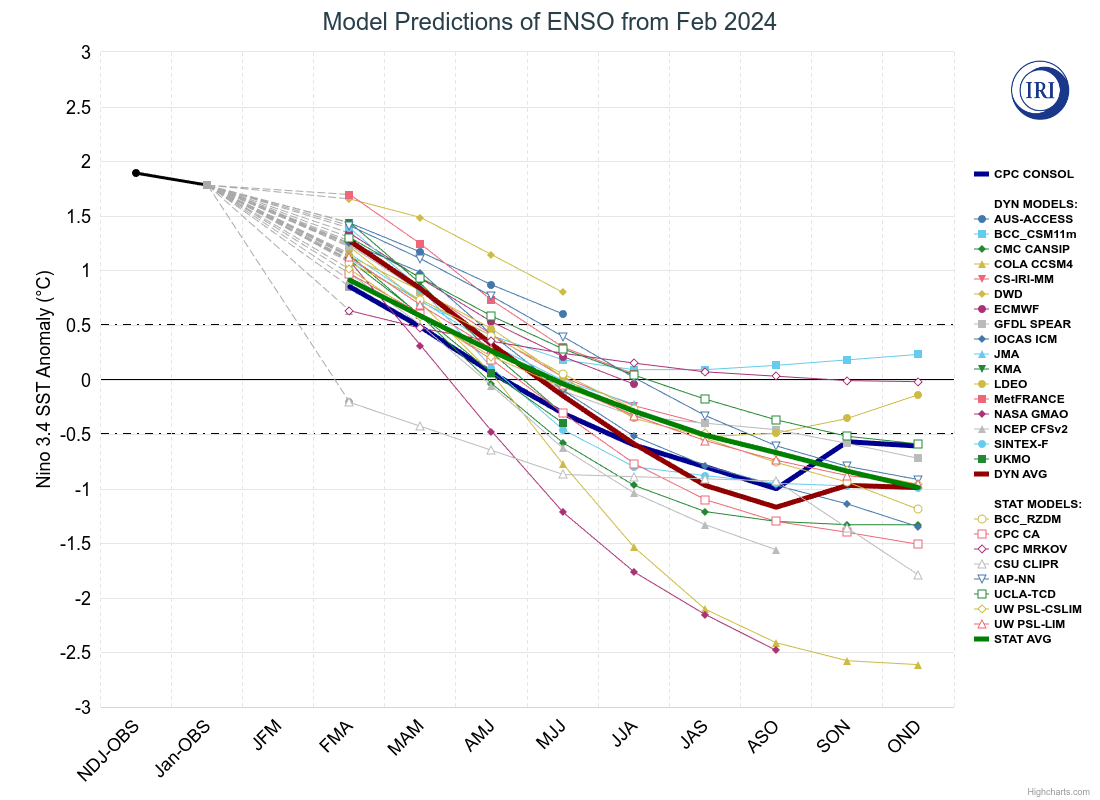Event JSON
{
"id": "bc70fc6418028ed04578626bf7fc6df5e6b3478204909de050650e54243e9254",
"pubkey": "dd34380a8986339a465dcfb9fd8f2d2b61ad3957178adeca2e9084e89465a221",
"created_at": 1710937797,
"kind": 1,
"tags": [
[
"e",
"8d66b6feb053f3a8928a193dbe8f3574cc1ea47c44e888e3ab36ca11bc8c45c5",
"wss://relay.mostr.pub",
"reply"
],
[
"t",
"Climate"
],
[
"t",
"climatechange"
],
[
"t",
"globalwarming"
],
[
"t",
"elnino"
],
[
"t",
"temperature"
],
[
"t",
"LaNina"
],
[
"proxy",
"https://fediscience.org/users/RARohde/statuses/112128019494565560",
"activitypub"
]
],
"content": "A strong El Niño continued in February 2024, but it has begun to weaken and is expected to dissipate by mid-2024, possibly followed by a return of La Niña late in 2024.\n\nThis El Niño, which began in June 2023, has played a large role in recent record global temperatures.\n\n5/\n\n#Climate #ClimateChange #GlobalWarming #ElNino #Temperature #LaNina\n\nhttps://fediscience.org/system/media_attachments/files/112/128/015/357/911/379/original/41ca6d1bb6599bb7.png",
"sig": "17868a6cf2c3b4ce504c6a08b6b95f843480d0cdfb93e06a35fa11c31547daa91266431d153839e5e6f1d3c7fb453c6e0680b3a994bdef6b67767bfda3afc20b"
}

